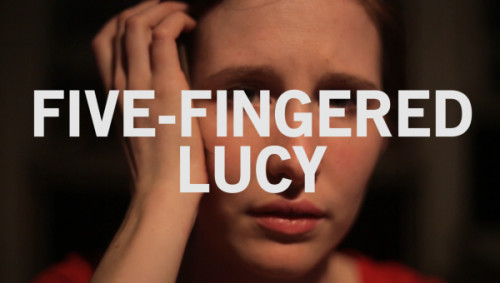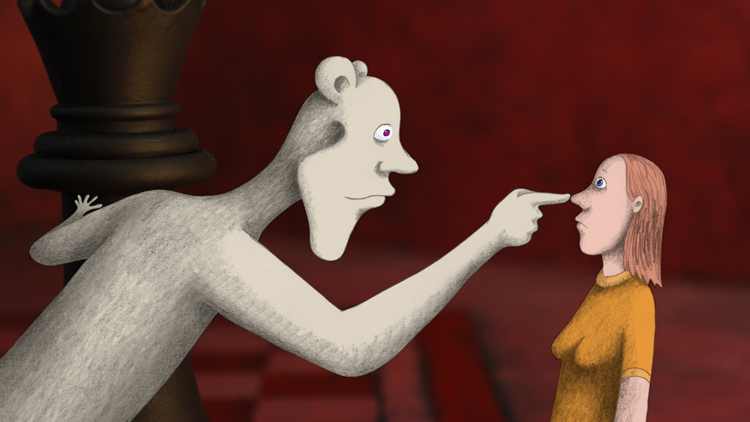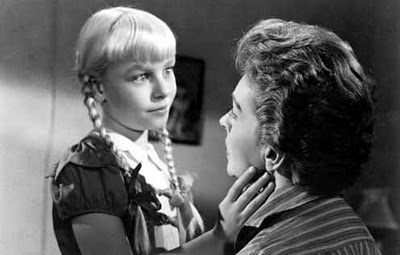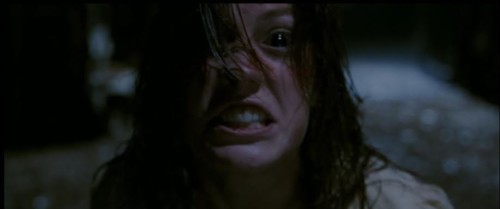‘Selma’ Shows Why We Need More Black Women Filmmakers
DuVernay has said in interviews that when she inherited Paul Webb’s screenplay, she altered it to decenter its focus on President Lyndon B. Johnson (even though the controversy surrounding the film managed to once again re-center the story on white male power and its portrayal). Rather than criticize the director for shifting her gaze away from whiteness (or for getting certain historical details wrong), it may be more useful to consider the difference a woman behind the camera—and a Black woman in particular—brings to a motion picture.











